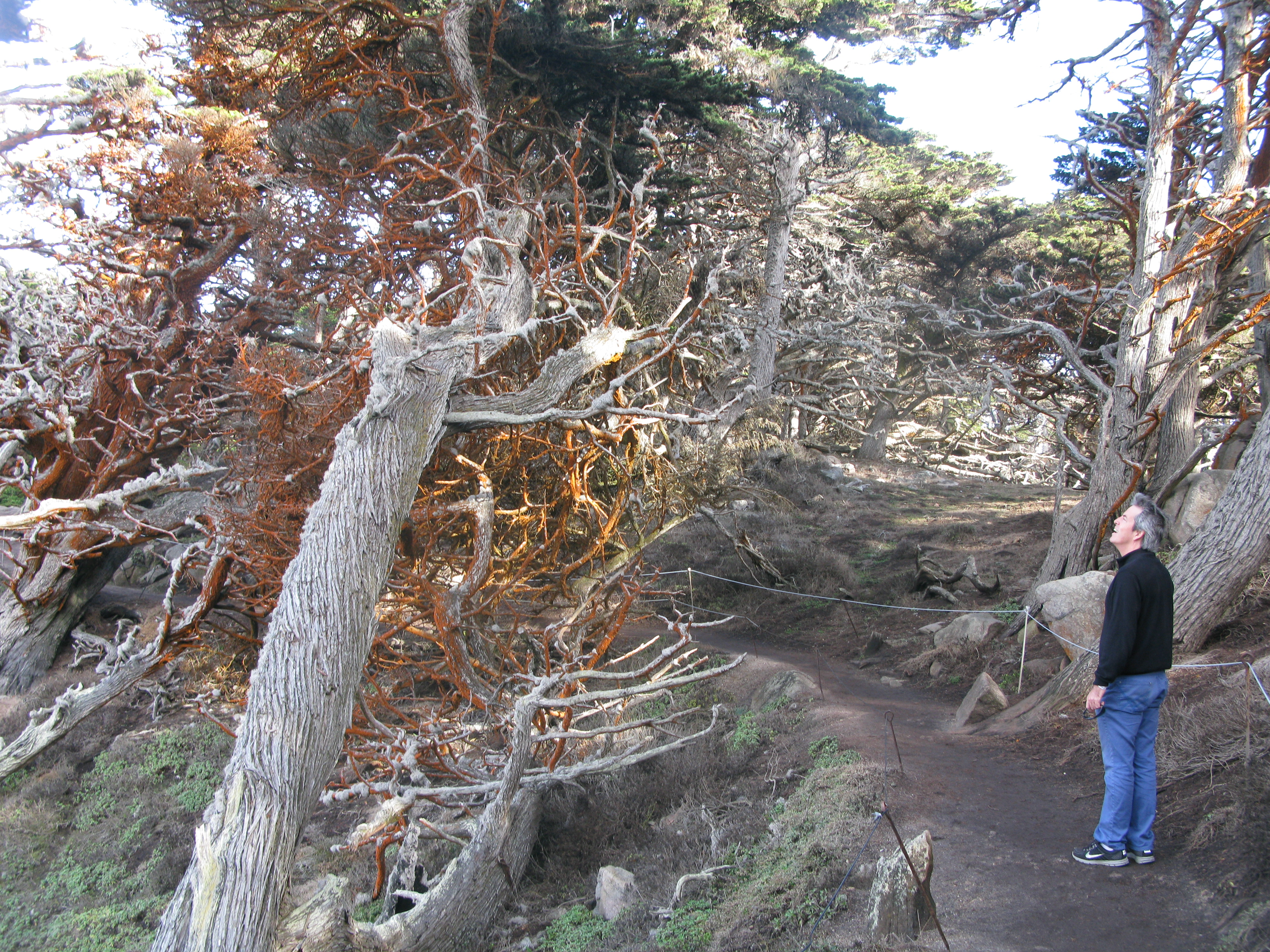Is life not a thousand times too short for us to bore ourselves?
Friedrich Nietzsche
What is this thing, boredom, that seems to unnerve so many? I truly am at a loss. Personally, I like having time here and there throughout my day to breathe, to let thoughts and feelings uncoil themselves after a busy stretch of activity, or just to be.
I think boredom is a myth. I don’t believe anyone is actually bored. They might complain of being bored, a pastime dating back at least to Lord Byron, who huffed in his great satiric poem “Don Juan” (1823) that “Society is now one polished horde/Formed of two mighty tribes, the Bores and Bored.” But they don’t mean it. What they really mean is: Please see me as superior.
Actual boredom, if it really came, ought to be a great relief, since everyone from college students to mid-career executives to school teachers are now forever talking about how “busy” they are, as if the twenty-four day were a recent invention. To be bored, in the sense of empty, lacking in momentary stimulation, is to be freed of stress and anxiety. People should welcome that, instead we see a great trend toward packing every second with stimulation, as if a momentary gap would somehow cause physical pain.
Baseball games used to offer a chance to absorb the moment. Watching a game at old Yankee Stadium, for example, there were times when the place was so quiet, you could hear the individual catcalls of fans heckling outfielders or on-deck batters. The new version of Yankee Stadium is a chamber of horrors: Every spare second is filled with the kind of jarring, canned music that robs any capacity for thought, let alone reflection. Conversing with a neighbor beyond short, shouted bursts is impossible, until the game starts again; the result is banal chattering and only minimal attention to what’s happening, as if being at a game were mostly about waiting for any highlights to be replayed on the huge jumbotron.
Children are now brought up with parents buying into the notion that a child should never be bored. My parents used to toss us into the back of the Brown Bomber, the family station wagon, for car trips to places like Yellowstone and the Grand Tetons and it was up to us to entertain ourselves; this is an essential skill, learning to see by studying your surroundings with an eye to seeing more deeply, whether that means peering off into the night sky and catching the first glimpse of a silvery full moon blanketing a mountain slope with light, or glancing over at a small domestic drama taking place one car over, wild hand gestures telling the whole story, and conjuring all the small details on one’s own. Now it’s accepted as a given that the kids in the backseat will be glued to their 19th showing of the latest adventures of the Little Mermaid or Buzz Lightyear,
The use of technology as a sedative, up to and including video games on iPads, would not be so nefarious if the syndrome’s inevitable aftereffects were heeded as likely or inevitable dangers. They don’t seem to be.
We are left with a mind-set in which an active fear of boredom spreads like a virus. We project the fear on our young, we project it on each other and we project it on ourselves. We self-medicate with over-activity. We set our lives up so that we will never, ever be left alone with ourselves. We fear such encounters, such quiet time with our own true desires, our own living sorrow or self-reproach, and keep the TV turned to “SportsCenter” or Colbert or the latest hit HBO show, calling it “relaxation,” an escape from boredom, when boredom, or deceleration, might be just what we need.
We’re all susceptible to this fear of boredom. I think of myself as never once having been bored, not since junior high school or so, and yet, driving back home to California from Colorado early this week, stopped dead on I-80 after hours of good progress because an overturned big rig had spilled its contents all over the highway, my first reaction was to think I was bored. Then I remembered that in fact, I was very happy just to look over at Sarah in the passenger seat, looking very pregnant; I was happy just to lean back, rest my eyes, and think some about my sister, whose life we had celebrated on Sunday in Boulder.
To fear boredom is to want to live amid the weeds of sameness. Better to chatter through dinner every night and shovel down the food than savor a bite. Better to treat conversation like ping-pong, listening only long enough to come up with a reply, then tuning out until you can start talking yourself. Better to keep the eyes busy all day so they can never really see.
Maybe boredom isn’t so bad. Maybe it’s our friend. As my friend Pete puts it, “It used to be OK to be untethered and to float in the space of the world and experience what happens.”
If we stopped trying so hard to keep ourselves distracted or entertained, and let our minds wander, we might daydream our way into whole new worlds. Our new Wellstone Center in the Redwoods intern, Kelsey Eiland, was raised to believe that boredom begets creativity, and I think she’s right. That’s the way of freedom. That’s the way of joy and discovery. Give it a try.
– Steve Kettmann, co-founder, WCR
Steve’s earlier blogs:
Were You Kind to Someone Today?


